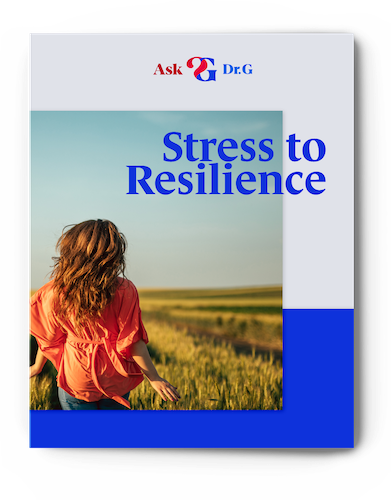Last week I talked about tech resilience. I asked you what tech moments drain your resilience and the answers flooded in! I learned a lot from you. Key takeaways from all of your answers:
- If your interactions with technology are increasing your stress, you’re not only not alone, you’re in the big majority!
- The machines might be driving us rather than the other way around.
- The problem is bigger than any one particular technology snafu or struggle.
That last point really stuck with me, so I did some research.
Technology overwhelm is impacting 79% of Americans as of last year. Also called “digital fatigue” this means that using technology, even when it’s going well, is decreasing the resilience of many adults. The National Institute of Health has a growing body of research on what it calls “technostress” (though honestly, if you told me that was a music genre or new dance craze, I’d believe you) and the negative impacts it’s having on our bodies and brains.
So, OK, we get it. Tech can be bad for us.
However.
Unless we’re going to be Amish and ditch all technology altogether, we need to find a way to use it without being used by it, right? And I don’t know about you, but I’m too big a fan everything from action movies to zippers to become Amish. So what actually works?
I’m going to spend the next few weeks diving into practical solutions for responding to and reversing tech overwhelm in our lives.
Here’s strategy number one, and a bit of homework for this week:
Notice. Notice how your phone makes you pheel. I mean feel.
Your brain has a chemical reaction to seeing, hearing, touching your phone – and you can’t use that for good until you know if and how it’s using you. So this week there is no need to make a change.
Just pay a bit of attention when you
- Get a notification
- Look at your phone
- Pick up your phone to bring with you
- Can’t find your phone
- Pull out your phone to distract yourself from what’s happening
And comment to tell me one thing you notice!
All my best,
Dr. G




